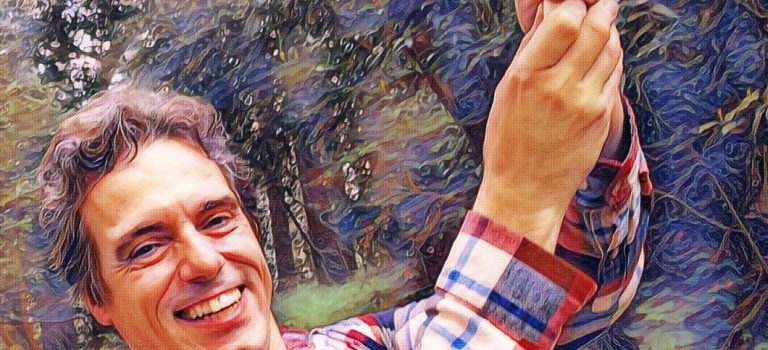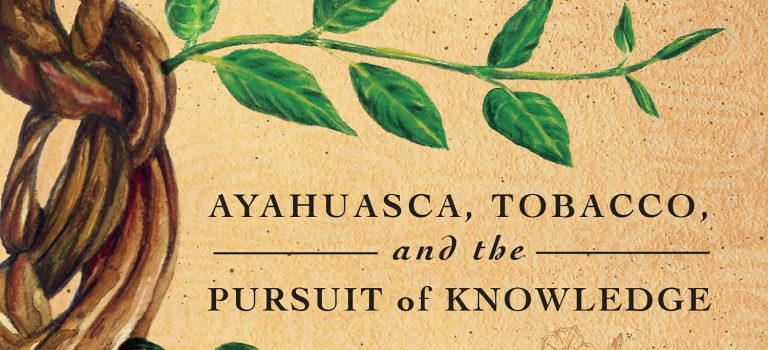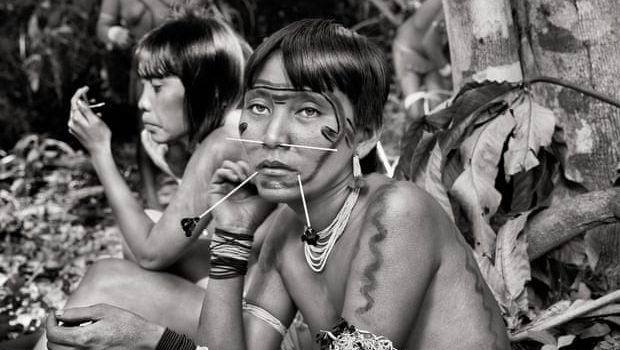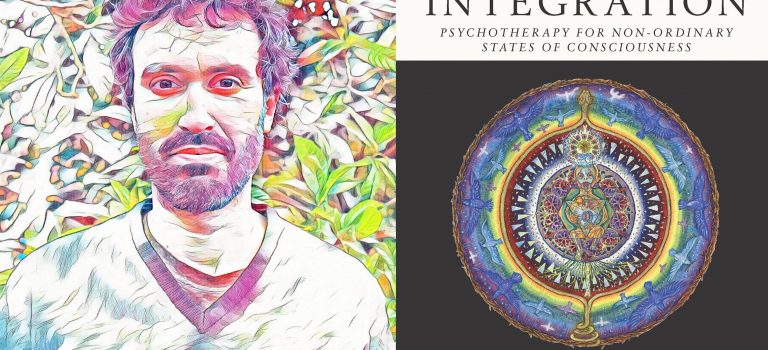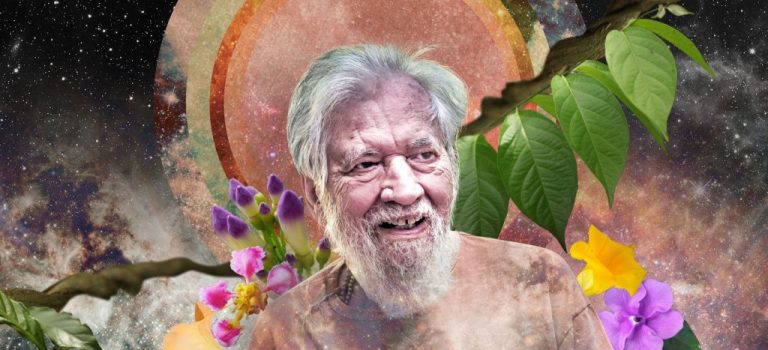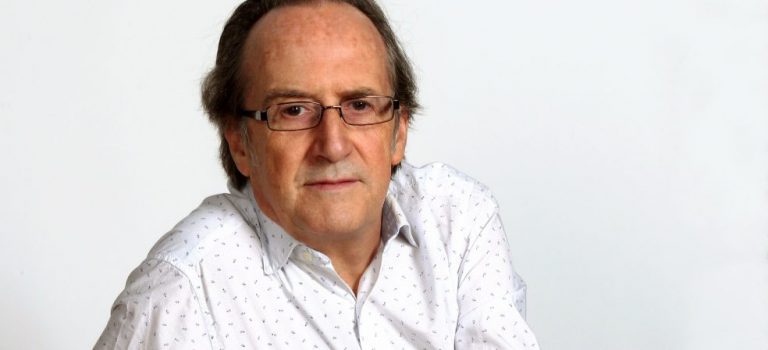The psychedelic renaissance is the talk of the town, currently enjoyed on therapy couches and meditation mats of a privileged few. Albert Casasayas tackles issues such as like inequality in access to psychedelics and the so-called “psychedelic exceptionalism” in his new book ‘Luces y sombras del renacimiento psicodélico’, which has been published by Revista Ulises and available for free on the Universo Ulises website.
Albert Casasayas teaches Spanish and Latin American Studies at Santa Clara University in California. He admits he’s a newcomer to psychedelia or, according to Juan Carlos Usó, who wrote the book’s prologue, a “neo-convert.” This fresh look at psychedelics is one of the book’s greatest strengths. The book is not intended to be academic, but rather a “middle-ground” perspective, distinct from those deeply involved in the psychedelic community but also beyond the “very biased mainstream media with its anti-drug discourse.”
Speaking via Zoom from California, Albert is preparing for the imminent academic year while continuing to delve into the complex, fascinating, and often paradoxical world of visionary drugs.
Read more